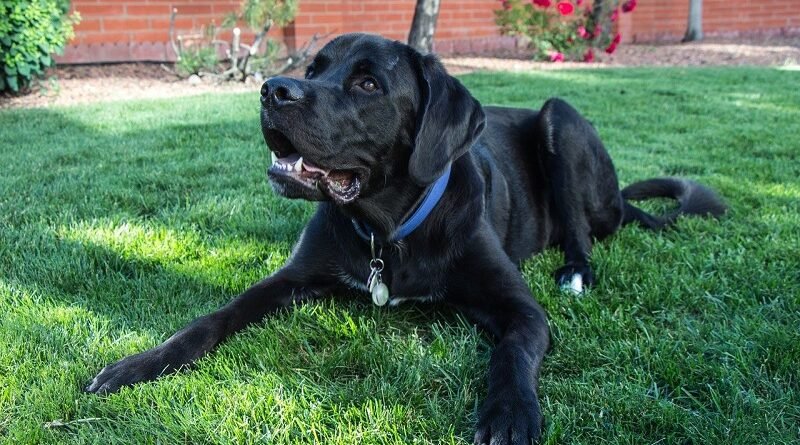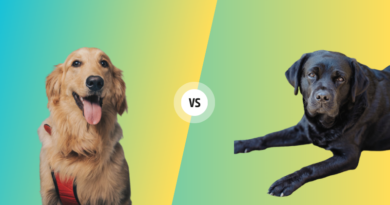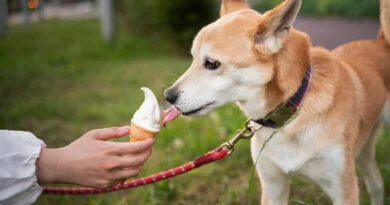Deciphering Your Dog’s Quirky Behaviors: A Comprehensive Guide
As a dog owner, you’ve likely noticed your canine companion displaying peculiar behaviors or quirks that seem to persist over time. While some actions are quite normal for dogs, certain unusual behaviors, like barking in the crate at night or sudden coprophagy (eating feces), may leave you worried and confused.
To help you understand your furry friend better, let’s delve into some common eccentric canine behaviors:
Running in Their Sleep
If your dog seems to run or bark during sleep, it’s likely they’re having vivid dreams. Signs of this include rapid eye movement behind closed lids. However, it’s crucial to differentiate this from potentially dangerous sleep seizures, which can present as violent shaking or rigidity. Should these symptoms occur, a vet consultation is warranted.
Spinning in Circles Excessively
While occasional spinning in circles is quite typical of dogs when they’re excited or preparing to sleep, excessive, high-speed circling could be a sign of health issues. Inner ear infections or seizures might be behind this sudden behavior. Always consult a vet if you’re unsure, as they can help identify any underlying health problems.
Barking in Crate at Night
While barking can be a response to external stimuli, like excitement or sensing an outsider, excessive night-time barking in the crate can be troublesome. This behavior could be linked to discomfort or pain due to the crate itself or separation anxiety. Training to reduce crate-associated barking or adjusting crate conditions could help alleviate the issue.
Unexplained Aggressiveness
While play can sometimes get rough, leading to seemingly aggressive behavior, unprovoked hostility towards you or others is concerning. Fear, frustration, or underlying health issues can trigger this type of behavior. Careful observation of their environment and potential triggers is key to understanding and managing this aggression.
Coprophagy: Eating Poop
Although unsavory, it’s not uncommon for dogs to eat their feces or that of other animals. However, this behavior is both unhygienic and potentially harmful. If your dog eats feces and subsequently vomits, it could indicate an illness or nutrient deficiency. Carefully monitoring their diet and noting when this behavior occurs can help identify the cause.
Understanding Your Dog’s Behaviors
While not all unusual behaviors are cause for concern, your dog may be signaling health issues through certain actions. Therefore, vigilance is key. Whether it’s barking in the crate at night, digging in the backyard, or exhibiting any other peculiar behavior, keeping an eye out for sudden changes in your dog’s routine can help ensure their wellbeing.
If you observe any of these behaviors in your dog, consult a vet for professional advice. Remember, with the right training and understanding, you can help your canine companion navigate through their behavioral quirks. Keep in mind, a happy, healthy dog means a happy home!




